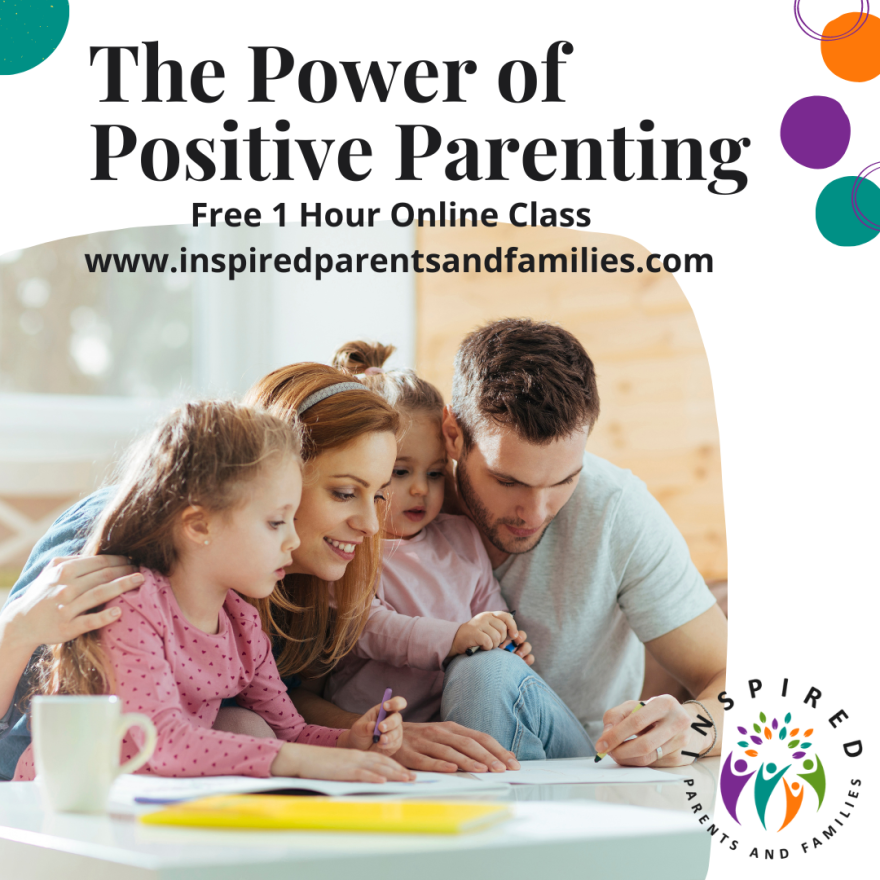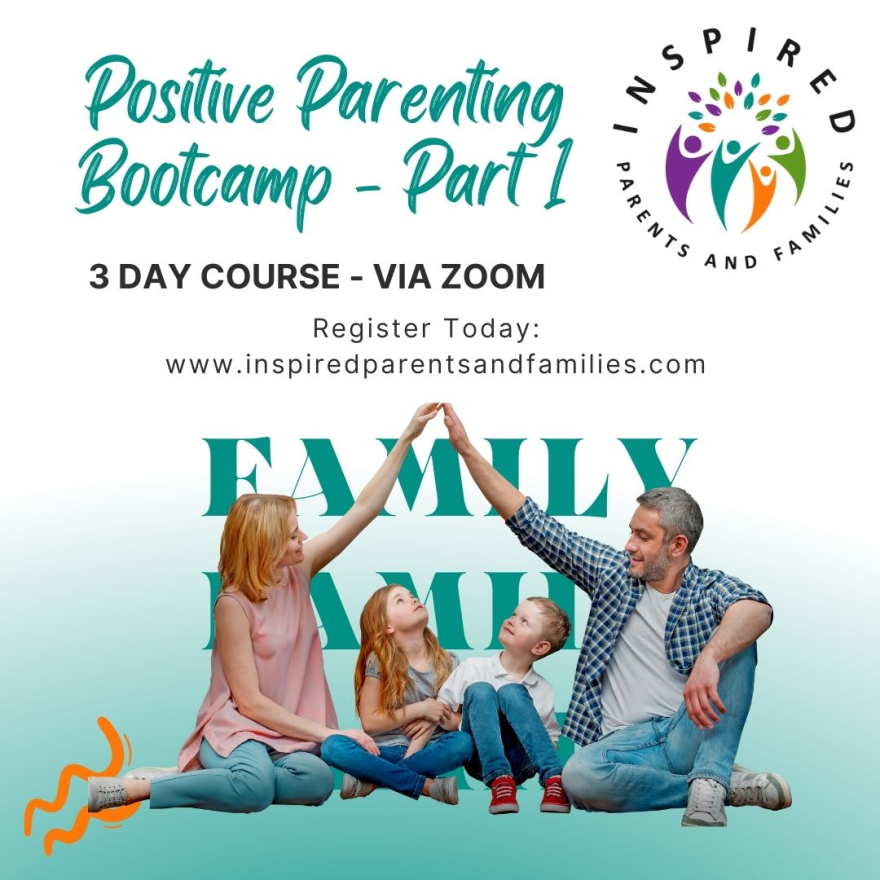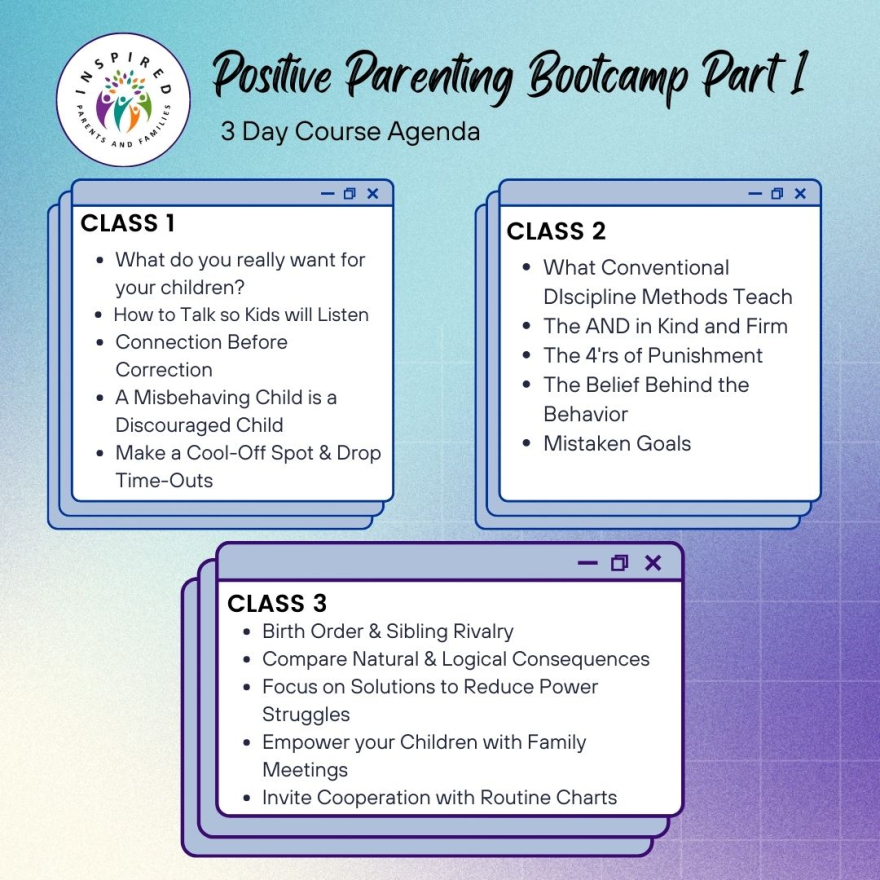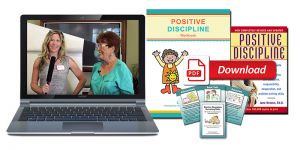 September 2022 September 2022
Why I Feel Sad Every September
 I remember when I was little, I looked up at my mother's face, noticed tears welling up in her eyes, and asked, "Are you OK, Mom?" Her response: "Oh, I'm fine, honey. I just get a little sad this time of year." I remember when I was little, I looked up at my mother's face, noticed tears welling up in her eyes, and asked, "Are you OK, Mom?" Her response: "Oh, I'm fine, honey. I just get a little sad this time of year."
It was September.
After that, every fall, when the air got crisp and the leaves began to yellow, I'd see that same subtle change in my mother's expression. That hint of sadness was always under the surface, tucked away while she pushed the shopping cart through the wide aisles of the drug store as I debated notebook colors or while she walked me and my younger sister to the bus stop at the end of the cul-de-sac, zipping up my backpack as I tried to run ahead.
I never thought much of my mom's seasonal quirk. I've always loved fall, and as I entered adulthood, it became my favorite season, full of scarf layering and warm lattes and next to none of that obnoxious summer humidity. I'd remembered her occasionally saying, "You'll understand when you are a parent," but even in those first years navigating babies and toddlers, I didn't detect it.
The year my youngest started First Grade was the first year I noticed that feeling wash over me. His kindergarten year had been full of excitement and energy as he joined his older brother at school, and I reclaimed the full school day for work and errands free of helpers. But the next year, something shifted and I began to notice that passage of time with a feeling of sadness and regret. Every year since, it comes back like clockwork, every fall.
Whenever I've asked my mom to describe this feeling, she'd mention how she never understood why the calendar year ended in December and began in January. "My years always ended and started in September," she told me.
There were the changing leaves, she said, as well as the shortening daylight hours — far more emblematic of a transition than the unwavering bitter cold that carries us from one almanac to the next. But mostly, there was us. Her kids, always growing, inch by inch and day by day. More than our birthdays or a big New Year's celebration, September was the milestone marker that showed our time with her was ticking away.
She was right. To me as well, there is no better indicator of the passage of time for a parent than the start of a new school year. There's no better reminder of the fact that our children are getting bigger than when they put on their backpacks and we notice it takes up a bit less real estate on their once-adorably-small frames. And there's no better signal that they're getting older than when they enter a new grade with a new set of notebooks that will eventually be filled with scribbles and tattered with use by the same time next year.
My youngest is starting high school this year. Where I used to tell myself that I have all the time in the world before he's off to college, I now realize that I only have 4 more First Day's to go. I'm down to only 2 more First Day's with my oldest son, and every year seems to fly by faster and faster.
I asked my mom recently about this seasonal melancholy we both share. Surely she doesn't still feel it, now that she's no longer dealing with back-to-school season herself, now that her home has been kid-free for decades. But just two minutes into our conversation, I could hear it in her voice as well. She is just counting them for Grandkids now.
In the midst of the chaos and stress of the new school year, be sure to count your Septembers and cherish them. They go by faster than you can ever imagine!
5 Tips for a Successful Start to the School Year
 With the start of the school year quickly approaching, we want parents and students to feel prepared and ready to start off on the right foot. From getting a nutritious breakfast to managing back-to-school anxiety, we’ve got a few quick tips to help kick off the new school year on a positive note. With the start of the school year quickly approaching, we want parents and students to feel prepared and ready to start off on the right foot. From getting a nutritious breakfast to managing back-to-school anxiety, we’ve got a few quick tips to help kick off the new school year on a positive note.
5 Back-to-School Tips
-
Allow time for and find a good space for homework. It’s important that children have a quiet and consistent work space (a specific spot at the kitchen table or a little nook in a bedroom). In addition, allowing for plenty of time to study, complete homework or assignments and prepare for the next day can help them feel ready and successful each day.
-
Be prepared for the day and eat breakfast. Whether children are provided with a meal at school or home, it’s key that they start the day with a healthy and filling breakfast. When children eat a good breakfast, it helps them to stay concentrated and focused throughout the morning and into the rest of the day.
-
Ensure you are getting enough sleep. If kids don’t get enough sleep each night throughout the week, it can be challenging to stay focused on tasks during the day or even throughout class time. Depending on the child’s age the optimal amount to sleep can range from eight to 12 hours of sleep a night.
-
Keep an eye out for Back-to-school anxiety: Returning to school after extended time away can be a source of stress and worry for kids and parents. For many children – especially those with existing mental health and behavioral challenges – adult support and understanding can help. Acknowledging the signs of anxiety and knowing how to provide support can make a great impact for those with these worries (See below).
-
Stay safe on the way to and from school: Whether you’re riding the bus or bike, or going by car or by foot, it’s important to keep safety top of mind and be aware of your surroundings. Use safety equipment like seatbelts in the car and on the bus and a helmet while biking. Remember to walk on the sidewalk and stay seated while on the bus.
Managing Back-To-School Anxiety
 Back-to-school anxiety is normal and understandable. Many kids may feel anxious about going back to school after a long summer break. Others may feel nervous about starting school for the first time. Back-to-school anxiety is normal and understandable. Many kids may feel anxious about going back to school after a long summer break. Others may feel nervous about starting school for the first time.
Regardless of what the case may be, parents can help ease the transition back to school by being able to recognize the symptoms of stress and anxiety and implementing some creative strategies.
How to Identify Anxiety
While anxiety regarding returning to school is common, it's also not something that should be ignored. For this reason, you need to be able to identify when your kids are struggling with stress and anxiety.
When kids are anxious, they may not know how to put their feelings into words. Instead, look for clues in their behavior. Kids who are experiencing anxiety may:
- Appear more clingy than normal
- Be restless and fidgety
- Complain of stomachaches
- Display changes in eating and sleeping habits
- Express negative thoughts or worries
- Get upset or angry more quickly
- Have bouts of unexplained crying
- Struggle to concentrate
If your child's anxiety lasts longer than two weeks and interferes with their daily life, this could be a sign of an anxiety disorder. Talk to your child's doctor about your concerns.
Untreated anxiety puts kids at risk for poor school performance, difficulty maintaining friendships, and even depression. And as kids get older, untreated anxiety can even lead to substance abuse
For many children – especially those with existing mental health and behavioral challenges – adult support and understanding can help.
Six ways you can support children:
- Build a routine – stable, daily routines create structure and minimize stress for your children and family.
- Open conversation about anxieties – ask questions and allow children to express their feelings without judgement. Talking about anxieties can help them cope with and overcome concerns.
- Get enough sleep — if there is difficulty falling or staying asleep, explore nighttime rituals to calm before bed including reading together or quiet stretching exercises.
- Monitor eating habits and limit junk foods and sugar – replace sugary snacks with healthy fruits, nuts and proteins.
- Learn coping and relaxation strategies – deep breathing exercises and spending time outside in nature can help reduce worry and anxieties.
- Try not to get frustrated as a parent – Stay positive and remember to take a break when you need it.
When to seek help:
When mental health challenges and anxiety symptoms are significantly affecting your child’s daily life negatively — if routines are difficult to follow due to the symptoms or if attempts to support your child are not improving symptoms – it may be a good time to reach out for help.
COOL RESOURCE
 GOING BACK TO SCHOOL GOING BACK TO SCHOOL
PBS Kids Has created a fantastic new resource for parents full of articles, videos and fun family activities. School is back in session! Explore different topics, such as coping with back-to-school anxieties and emotions, creating daily routines, and tackling common situations that arise with the start of school. Ease the transition with some fun lunch box or after school snacks and downtime activities. Click here to visit their site.
UPCOMING EVENTS
FREE: The Power of Positive Parenting

What you will learn:
- What is Positive Parenting and Positive Discipline?
- The 5 Criteria for Positive Discipline
- Where we are & where we want to go with our children and learn the most important parenting tool!
- Positive Discipline Tool Exploration
- How you can learn more!
This class is interactive and experiential. Please be prepared to participate. I will send you an email prior to class with useful tools and tips as well as material for our activities.
September Class
Date: Monday, September 12, 2022
Time: 6:30pm - 7:30pm EST
Location: Online via Zoom
Registration Deadline is Friday, September 9, 2022 and will be limited to the first 24 participants.
October Class
Date: Sunday, October 2, 2022
Time: 4:00pm - 5:00pm EST
Location: Online via Zoom
Registration Deadline is Thursday, September 29, 2022 and will be limited to the first 24 participants.
November Class
Date: Thursday, November 10, 2022
Time: 12:00pm - 1:00pm EST
Location: Online via Zoom
Registration Deadline is Monday, November 7, 2022 and will be limited to the first 24 participants.
Positive Parenting Bootcamp - 3 Day Course

Join parents & caregivers like you for 3 Days of Positive Discipline classes taught by Melissa Middelthon. Based on Jane Nelsen's Positive Discipline books, you will learn to discipline with firmness and kindness. Have fun with kids and set the foundation for important social and life skills. Help children feel a sense of belonging and significance through mutual respect and encouragement. These classes are a fun way to connect with other parents in the community and practice the skills over a few weeks so that you can go more in-depth with the material.
"The class was very helpful in reducing stress and frustration in parenting. The knowledge that it is never too late to change your approach...we are so adaptable."
"Taking this class was one of the best things I've done for myself and my family since my child was born. I refer back to the class's concepts in order to deal with day-to-day issues and also feel like I have an overarching philosophy to help me as I navigate the parenting world."
A course for parents and caregivers
 Based on the best-selling Positive Discipline parenting books by Jane Nelsen, Lynn Lott and others, parents and caregivers will learn long term solutions for raising kids to feel “I am capable, I can contribute, and I can use my personal power in useful ways to improve my life and the lives of others!” Positive Discipline teaches long term parenting skills that will encourage children to think for themselves, become more responsible and have a greater respect for themselves and others. Feel supported while learning some non-punitive, respectful methods that will incorporate kindness and firmness into your relationship with your children. Get to the core of your children's misbehavior, practice encouraging tools and gain a sense of accomplishment. Based on the best-selling Positive Discipline parenting books by Jane Nelsen, Lynn Lott and others, parents and caregivers will learn long term solutions for raising kids to feel “I am capable, I can contribute, and I can use my personal power in useful ways to improve my life and the lives of others!” Positive Discipline teaches long term parenting skills that will encourage children to think for themselves, become more responsible and have a greater respect for themselves and others. Feel supported while learning some non-punitive, respectful methods that will incorporate kindness and firmness into your relationship with your children. Get to the core of your children's misbehavior, practice encouraging tools and gain a sense of accomplishment.
This is a highly engaging ONLINE course that works best if you can participate on a computer or tablet. We will be co-creating a safe and supportive space that will include a mix of lecture, small and large group activities, role play and collaboration.
Course Registration: $150

Pricing includes one digital set of all materials needed for the course: Positive Discipline, by Jane Nelsen, The Positive Discipline Workbook, Parenting Tool cards, and bonus access to videos of key lessons and a Family Meeting Album.
Fall Session:
Thursdays, October 6th, 13th, and 20th, 9:30am - 11:30am EST
Register Now!!! Positive Parenting Bootcamp -3 Day Course - Thursday, October 6, 13, 20th 9:30-11:30EST
Class Min 8 / Max 24 - Registration Deadline is Thursday, September 29th
Parent and Family Coaching
Parent coaching is designed to provide insight, help parents discover newfound energy in their parenting, develop an appreciation for what they have and who they are, and create sustainable ways to achieve their vision or dream for their family. Different than therapy, coaching’s unique methodology allows the coach to provide support as a cheerleader, guide, and mirror. Coaching is perfect for helping parents who are feeling overwhelmed, parents who are baffled by their children’s behavior, parents who are looking to bolster their parenting “tool box,” and parents who simply want to take their family’s life from good to great. Interested to see if Coaching would be a good fit for your family? Click below to schedule a complimentary discovery call.
Schedule Your Free Create Your Inspired Family Discovery Call Today
CONNECT WITH ME
  
|